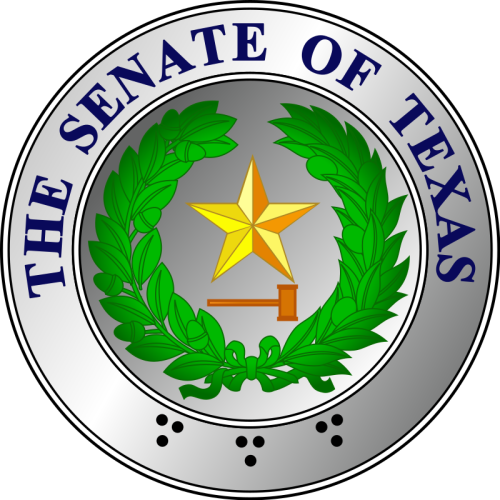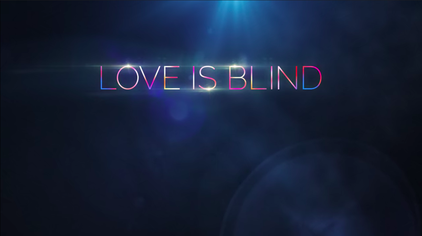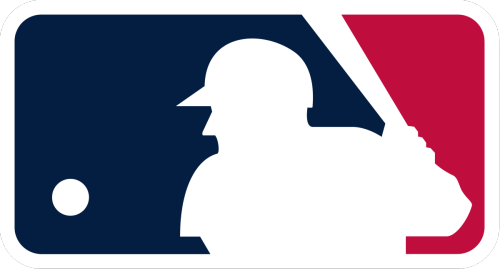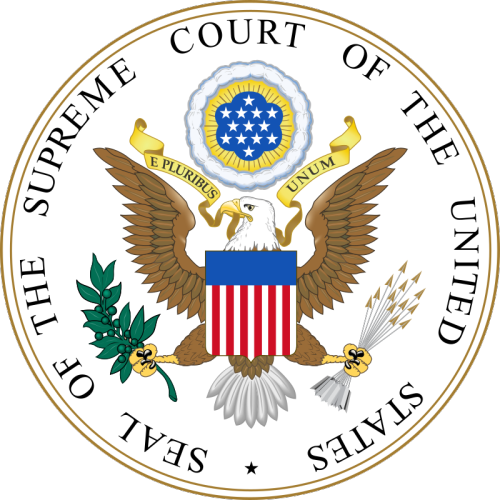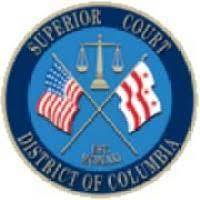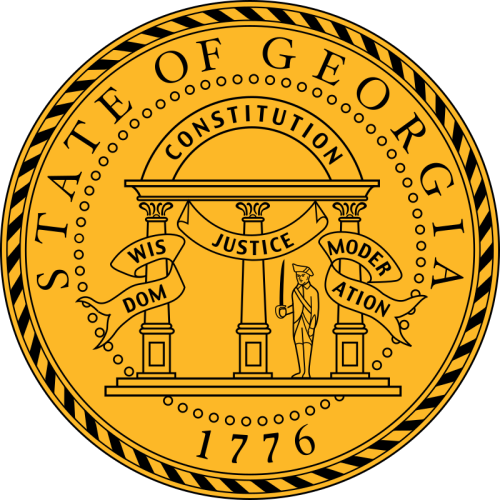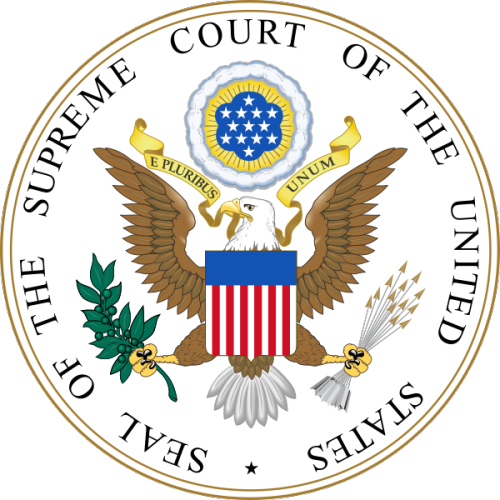Idaho Murders TikTok Psychic Defamation Case
By Elizabeth Wolnik, George Mason University Class of 2024
April 21, 2024
The legal drama stemming from the Idaho murders has intensified with Ashley Guillard’s unfounded accusations against University of Idaho history professor Rebecca Scofield. Guillard, a TikTok creator and tarot card reader, alleged that Scofield orchestrated the killings to conceal an affair with one of the victims. Despite lacking evidence, Guillard’s claims gained traction online, leading Scofield to file a defamation suit against her.
Scofield maintains her innocence, asserting she was in Portland, Oregon, at the time of the murders and had no connection to the victims. However, Guillard’s persistent accusations have tarnished Scofield’s reputation, sparking online harassment and threats. Guillard, representing herself, denies defamation, insisting her claims are “substantially true.”
The legal battle escalated as Scofield’s attorneys sought dismissal of Guillard’s counterclaims, citing inflammatory remarks and a disregard for truth. Judge Raymond Edward Patricco Jr. dismissed Guillard’s counterclaims and granted Scofield’s motion to quash a summons to her counsel, highlighting the insufficiency of Guillard’s claims.
The case highlights the delicate balance between freedom of speech and the protection of one’s reputation. While defamation laws aim to safeguard individuals from false statements, determining what constitutes defamation can be complex. Guillard’s reliance on “spiritual research” and intuition underscores the challenges in discerning fact from opinion in the digital age.
Ultimately, the outcome of Scofield’s lawsuit against Guillard will have far-reaching implications for online discourse and legal precedent. It serves as a reminder of the importance of responsible communication and the pursuit of truth, both online and within the justice system.
For full article please visit
The Idaho Murders TikTok Psychic Defamation Lawsuit
at


